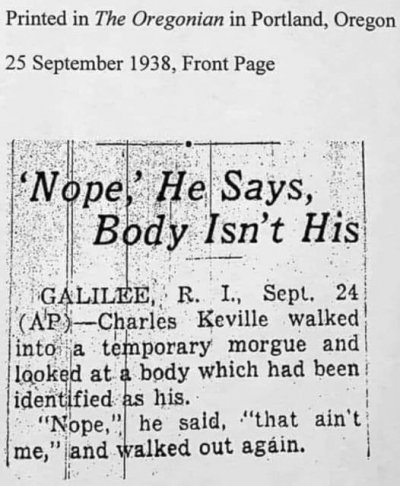How Gilles de Rais was scammed by the alchemists (my personal opinion):
The Marshal was beginning to doubt the powers of his magicians, when the result of a new endeavour convinced him that sometimes the devil does appear. An invoker, whose name is lost, held a séance with Gilles and de Sillé in a room at Tiffauges.
On the floor, he drew a large circle and ordered his companions to enter it. Sillé refused; gripped by a terror he could not explain, he began to tremble all over. He stood next to an open window, murmuring exorcisms under his breath.
Gilles, bolder than the others, stood in the middle of the circle, but at the first invocations, he shuddered and tried to make the sign of the cross. The sorcerer ordered him not to move. At one point, he was seized by the neck by something unknown, and was terrified. Full of panic, he wavered and begged Our Lady, the Virgin, to save him. The invoker, furious at that, threw him out the circle, and Gilles rushed out of the room. Sillé jumped out the window and they met below, both panting in fear.
Howls could be heard coming from the room where the magician was operating. ‘A noise of falling blows, like large swords striking a wooden bed’ is heard, followed by moans, cries of distress, and calls for help from a man being murdered.
Terrified, they stood and listened, and then when the noise ceased, they ventured back and pushed the door open, only to find the sorcerer lying on the floor in pools of blood, his barely-alive body mangled, his head caved in.
They carried the groaning man out. Gilles, full of remorse, put him in his own bed, bandaged him, and had his priest hear the man’s confession, just in case he passed away. For several days the sorcerer lay there, hovering between life and death. Eventually he recovered, and fled the château.
Gilles was desperate to obtain from the devil the recipe for the sovereign magisterium. Then Eustache Blanchet’s return from Italy was announced. He had brought with him the master of Florentine magic, the irresistible invoker of demons and larvae, François Prelati.
From this excellent, and in later life devoutly Catholic author:
Sorcery In Poitou: Two Satanic Essays: Gilles de Rais and Felicen Rops
Joris-Karl Huysmans
https://www.goodreads.com/book/show...u?ac=1&from_search=true&qid=5sY3fGpdMS&rank=1

